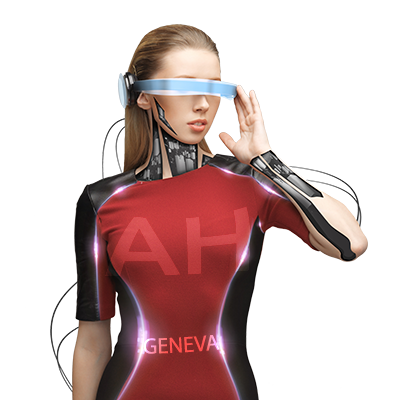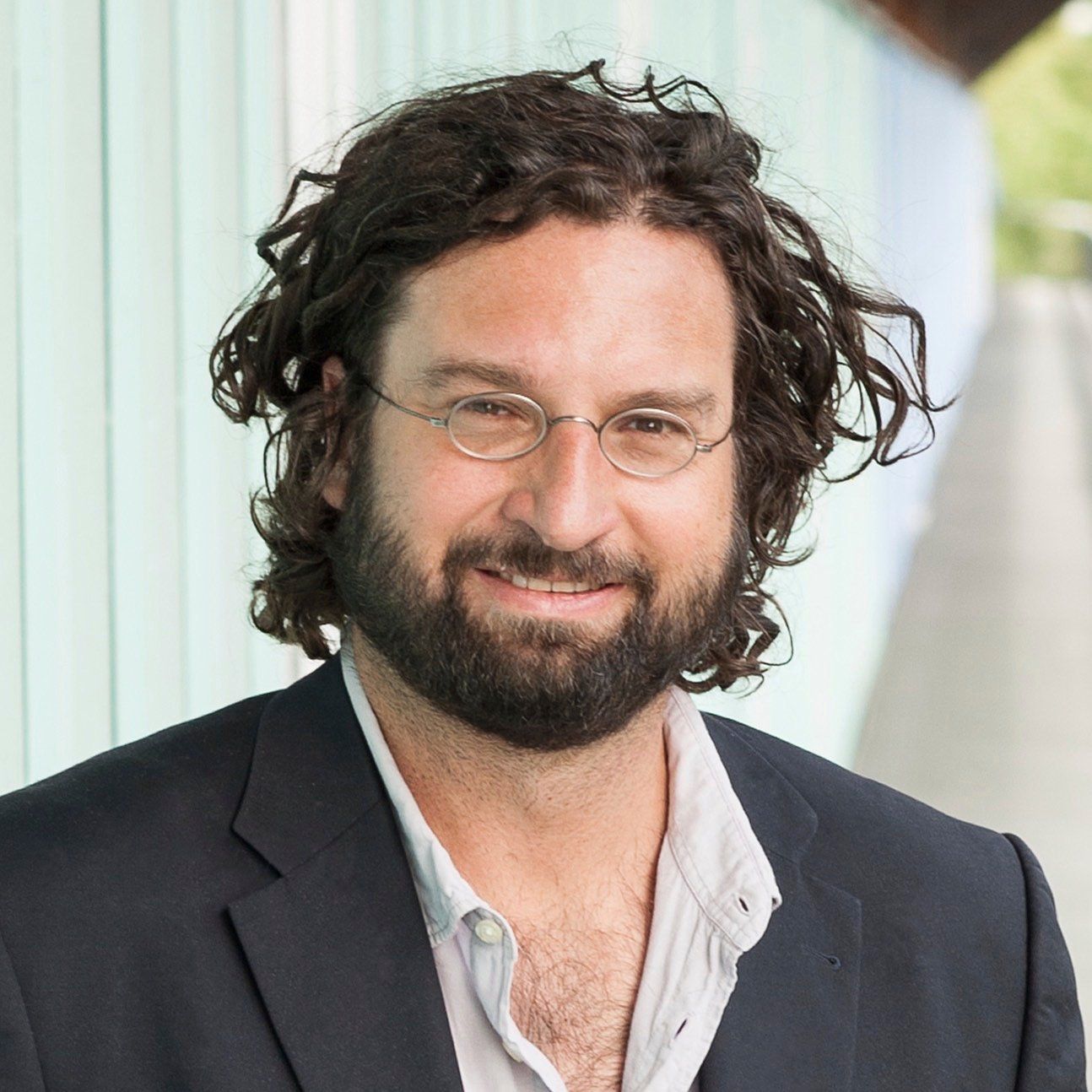AH2019 Keynote
Title: Natural vs. Artificial Intelligence: Perception, Decision & Action by Marc O. Ernst, Applied Cognitive Psychology, Ulm University
Systems based on artificial intelligence are becoming more and more common in our daily lives. Even when they still fall short when compared with human performance, they are getting better, more robust and more flexible, and the general aim is to outperform humans. Thereby, the focus is usually not on "faster, higher, farther." Rather, the primary goal is often to make fewer mistakes than humans. Thus, from the point of view of a psychologist, a comparison between the natural and artificial cognitive system is of interest in order to see when, how, and why humans make mistakes in perception, decision making, and action that might be avoided by systems based on artificial intelligence. Typically, illusions are considered as a form of errors of the perceptual system. The concept of illusions as unintuitive forms of error can be extended to decision making and action. In this talk I will review some of our recent studies on human perception, decision making, and action and I will try to show that many of the multisensory behaviors that seem erroneous (i.e. illusions) at first glance, can actually be considered instances of optimal behavior and are thus unavoidable by both natural and artificial cognitive systems. As humans are very adaptable and they often rapidly learn from their errors, the concept of optimal behavior is tightly linked to learning and plasticity. Investigating and understanding the limits of learning and plasticity in human behavior can therefore open an interesting window onto what may become limits also for artificial cognitive systems.
Since 2016 Prof. Dr. Marc O. Ernst is Chair of the Applied Cognitive Psychology Department at Ulm University and recently he became head of the institute for Psychology and Education. Between 2011 and 2016 he was at the University of Bielefeld, where he was Chair of the Cognitive Neuroscience Department, Director of the Interdisciplinary Research Centre (ZiF), and Vice-Coordinator of the Cognitive Interaction Technology-Centre of Excellence (CITEC). He studied Physics in Heidelberg and Frankfurt/Main. In 2000 he received his Ph.D. degree at the Max Planck Institute for Biological Cybernetics for investigations on human visuomotor behavior, following which he spent almost 2 years as postdoc at the University of California at Berkeley, USA working with Prof. M. Banks on behavioral experiments and computational models investigating the integration of multisensory information. End of 2001 he returned to the MPI and became principle investigator of the Sensorimotor Lab in the Department of Prof. H. Bülthoff. In 2007, he then became leader of the Max Planck Research Group on Human Multisensory Perception & Action, before I moved to Bielefeld in 2011. His scientific interests are in human multisensory perception and action, sensorimotor integration, men-machine interaction, human factors and VR. He has published over 100 articles, chapters, and conference proceedings in high ranking international journals. He is a founding member and one of the past presidents (2010-2014) of the EuroHaptics Society. Furthermore, he is editor-in-chief for the journal Multisensory Research, and editor for several journals including the Journal of Experimental Psychology: Human Perception & Performance, the Journal of Vision, the ACM Transactions on Applied Perception, and Cognitive Processing, and he is co-edior of the Springer book series on Touch and Haptic Systems. He was involved in several international collaborative grants, including the EU Project Tocuh-HapSys investigating the sense of touch in interactive VR settings, the EU Project ImmerSence investigating human-human and human-machine interaction, the EU Project THE investigating synergies for haptic perception and action, the EU Project WearHap developing and testing wearable haptic devices, and a HFSP project focusing on mechanisms of associative learning in human perception. Additionally, he was coordinating the EU Project CyberWalk, which developed an omnidirectional treadmill to enable natural free walking in virtual environments.



















































